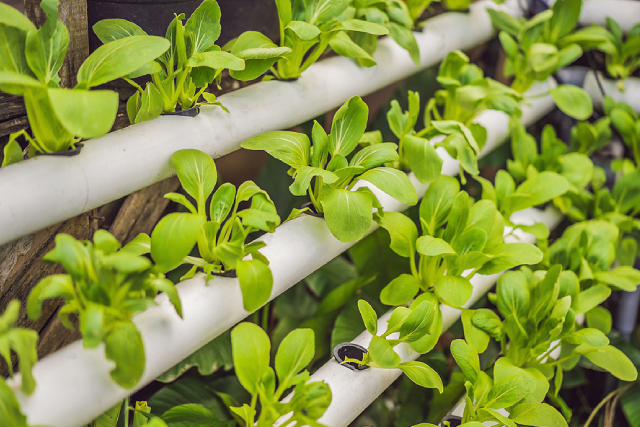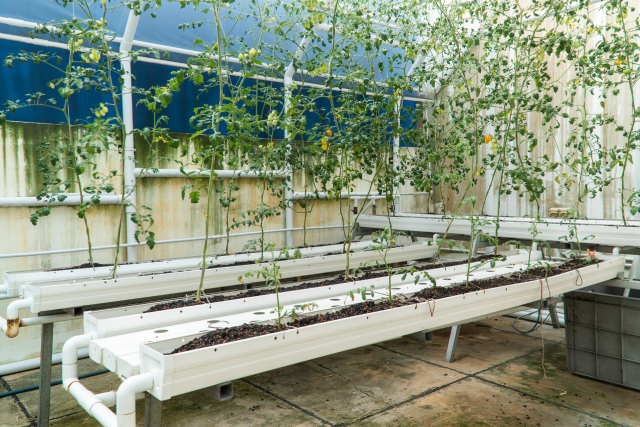24 Jul Carbon-Negative Farming And The Role Hydroponics Plays
As global concerns about climate change and environmental degradation continue to rise, innovative agricultural practices are becoming crucial in efforts to reduce carbon emissions. One promising approach is carbon-negative farming, which aims to absorb more carbon dioxide (CO2) from the atmosphere than it emits. Within this realm, hydroponics – a method of growing plants without soil – emerges as a key player due to its efficiency and sustainability. This article explores the concept of carbon-negative farming, the benefits of hydroponics, and how hydroponic systems contribute to a more sustainable agricultural future. Understanding carbon-negative farming Carbon-negative farming is an agricultural method designed to sequester...


